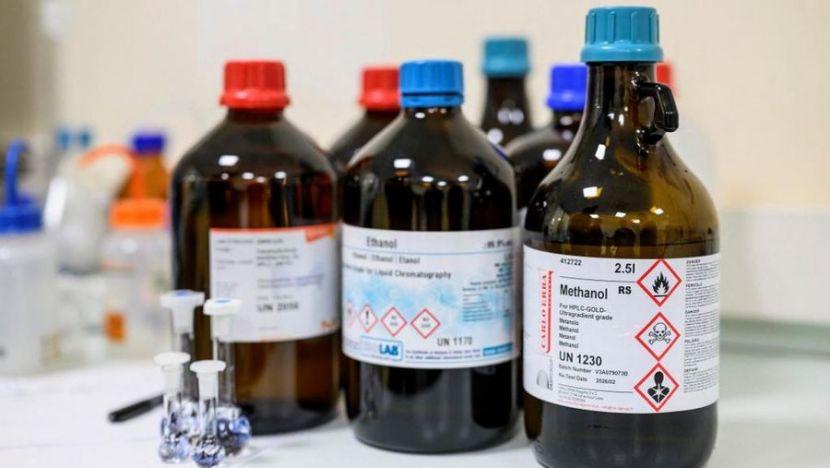Development of the Methanol Industry in Indonesia

Indonesia's methanol demand is large, with consumption exceeding 1.3 million tons in 2023, but domestic production only meets one-third of the demand, requiring large imports. Indonesia is rich in resources, with natural gas reserves reaching 54.83 trillion cubic feet in 2024, coal reserves exceeding 39.89 billion tons, and biomass potential.Using existing technology, methanol can be produced from these resources in large quantities, and the potential is also considerable if methanol is produced from carbon dioxide. In the long run, the development of the methanol industry can reduce dependence on imported fossil energy, stabilize the supply of raw materials, and help Indonesia become a methanol industry center. With the awareness of energy independence and industrialization, methanol projects are being carried out in many parts of Indonesia. Such as East Java's methanol plant, plans to process local natural gas into 800,000 tons of methanol per year, but also to drive the development of other chemical industries; East Kalimantan's coal-based methanol plant, with an annual capacity of 1.8 million tons, the use of coal gasification technology to reduce carbon emissions; West Papua plans to build integrated petrochemical industrial zones, the development of green methanol, to promote the local economy and energy transformation. The development of downstream methanol industry in Indonesia faces many problems. The high price of domestic natural gas leads to uncompetitive production costs; related infrastructure is weak, logistics costs are high, and investment risks are high; there is a lack of clear national policy support and insufficient synergy among various sectors; there is a shortage of specialized talents and technologies, and problems with technology introduction and domestic R&D; and the environmental risks of coal projects need to be carefully managed, or else they will trigger social resistance. To promote the methanol industry, Indonesia needs to develop a comprehensive policy. Include methanol as a national strategic commodity in energy and industrial development plans; develop fiscal and non-fiscal incentives such as tax breaks and low-interest credits; accelerate the construction of integrated methanol industrial zones and strengthen sectoral coordination; form a national industry-academia-research consortium to promote technological innovation; conduct social publicity and education to secure social acceptance of the project; and actively participate in international cooperation to expand domestic and international markets and improve the methanol industry's global competitiveness of the methanol industry.

